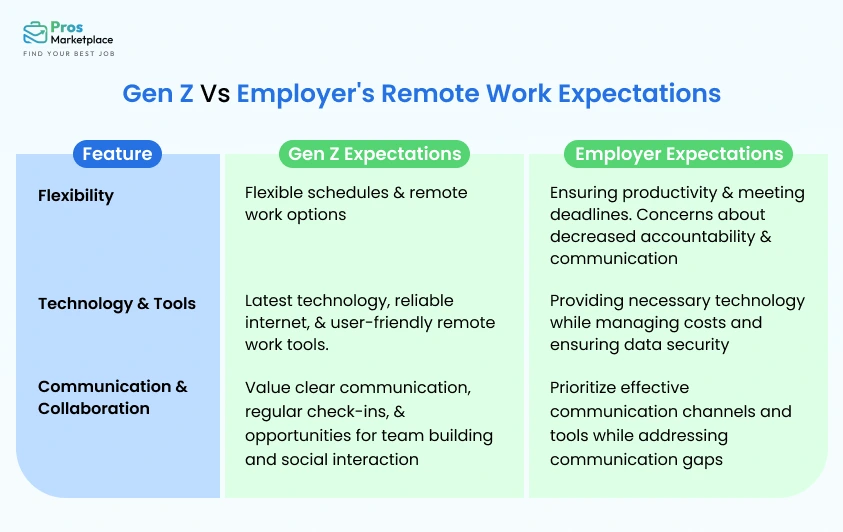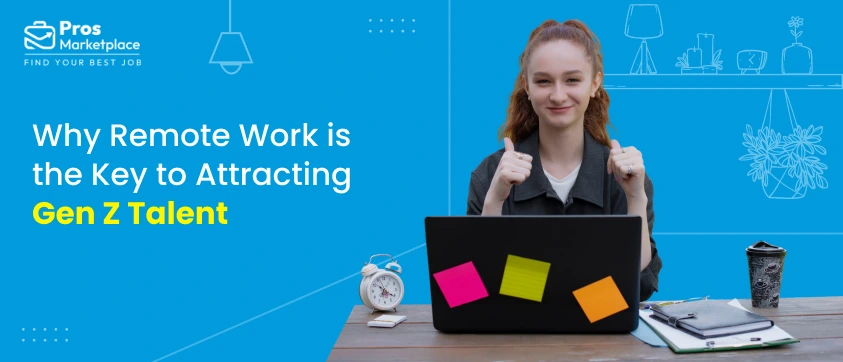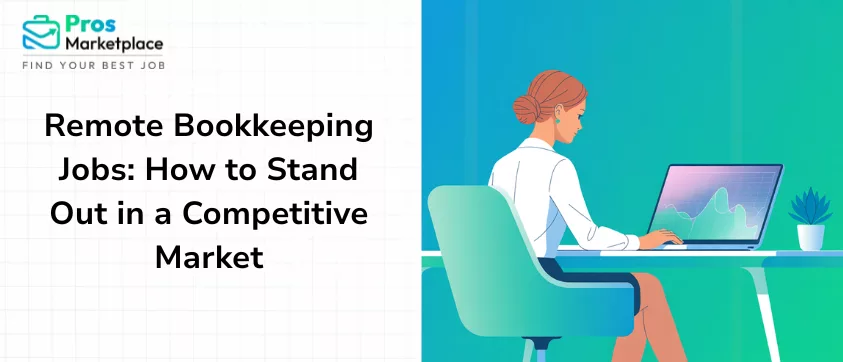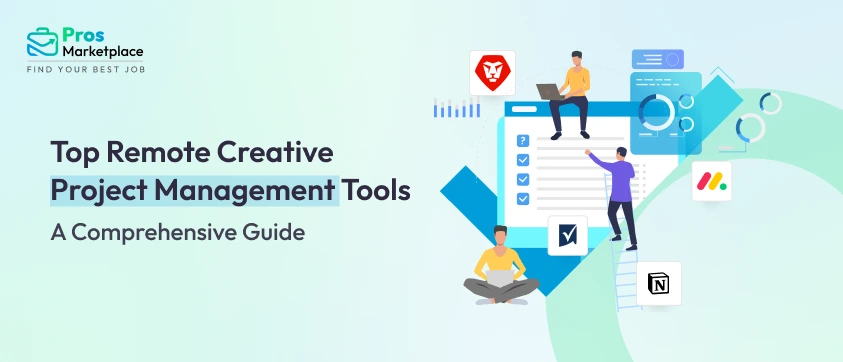Gen Z, born between 1997 and 2012, brings a fresh perspective to the workforce. Growing up in an era of rapid technological advancement, they excel at using digital tools, embracing change, and prioritizing balancing work and personal life. For them, work is about more than just a paycheck. Gen Z, born between 1997 and 2012, brings a fresh perspective to the workforce. Growing up in an era of rapid technological advancement, they excel at using digital tools, embracing change, and prioritizing balancing work and personal life. For them, work is about more than just a paycheck.
A 2023 report from Johns Hopkins University indicates that “by 2030, Gen Z will make up over 30% of the global workforce, prioritizing flexibility and remote work opportunities.” This highlights why companies must adapt to these expectations to attract and retain the best talent from this digital-first generation.
With more Gen Zs entering the workforce, the majority will demand complete flexibility. This shift represents a strategic necessity rather than a mere preference for businesses.
In this blog post, we’ll explore the rise of remote work, why Gen Z is drawn to these opportunities, and how companies can adapt their work culture to meet this generation’s expectations. Let’s dive in!
A 2023 report from Johns Hopkins University indicates that “by 2030, Gen Z will make up over 30% of the global workforce, prioritizing flexibility and remote work opportunities.” This highlights why companies must adapt to these expectations to attract and retain the best talent from this digital-first generation.
With more Gen Zs entering the workforce, the majority will demand complete flexibility. This shift represents a strategic necessity rather than a mere preference for businesses.
In this blog post, we’ll explore the rise of remote work, why Gen Z is drawn to these opportunities, and how companies can adapt their work culture to meet this generation’s expectations. Let’s dive in!
The Remote Work Scenario: All About It!
Remote work enables employees to work from anywhere using technology that keeps them connected with their colleagues.
It’s not just about working from a different place—it’s about how companies operate, communicate, and connect with employees across diverse locations. The remote work model thrives on trust, flexibility, and innovative communication strategies, ensuring seamless collaboration. Virtual stand-ups, digital task management tools, and technology-integrated workflows allow teams to stay connected and complete projects on time.
Flexibility is a key feature of remote work. Employees can balance personal and professional lives, eliminate long commutes, and create schedules that prioritize well-being. However, for employers, success in this model requires fostering a supportive and communicative work culture that promotes engagement and productivity.
Why Gen Z Prefers Remote Work
Gen Z, born between 1997 and 2012, grew up in a digital-first world. From smartphones to seamless online services, they are accustomed to technology and demand workplaces that offer flexibility, independence, and an integrated use of technology.
Remote work resonates deeply with their familiarity with digital communication tools and their desire for work-life balance. It allows them to manage personal commitments without the constraints of a traditional 9-to-5 office schedule. Additionally, working remotely eliminates long commutes, supports mental well-being, and enables productivity in a comfortable, efficient environment.
Here’s a closer look at why remote work appeals to Gen Z:
1. Technology-Driven
As digital natives, Gen Z employees seamlessly integrate technology into their work processes. They thrive on platforms like Slack and Zoom to collaborate, solve problems, and exchange ideas in dynamic, remote environments. Remote work aligns perfectly with their tech-savvy and curious mindset.
2. Mobility
Raised in a culture of constant connectivity, Gen Z naturally expects swift solutions and open lines of communication. Flexible remote work satisfies their need for a connected, collaborative, and supportive environment while offering freedom to work from anywhere.
3. Emphasis on Flexibility
Gen Z places unparalleled value on work-life balance. For them, flexibility goes beyond choosing work hours—it’s about having the freedom to work from any location, take time off as needed, and progress at a healthy pace while avoiding burnout.

4. Different Priorities
For millennials, salary and benefits are often the primary drivers in the workplace. While workplace culture plays a role, it’s typically secondary to compensation and perks.
Gen Z, however, approaches work differently. They seek inclusive work cultures and prioritize a company’s mission and values. They want roles that provide a sense of belonging and collaboration, emphasizing purpose over mere perks.
5. More than a Living Wage
While workplace culture is vital, Gen Z values financial security and comprehensive benefits. This generation is keen on strong health insurance coverage and earning a living wage—factors influenced by economic realities such as student loan debt and the rising cost of living.
What Companies Can Do
Companies must embrace their distinct values, priorities, and expectations to attract and retain Gen Z talent. Here are strategies to create a purposeful and flexible environment for this dynamic workforce:
1. Foster a Strong Work Culture
Gen Z thrives in inclusive, purpose-driven environments. For remote employees, team-building activities like virtual trivia games, themed happy hours, and collaborative challenges can enhance engagement. Regular check-ins help employees feel heard, while interactive events like workshops or hackathons foster innovation and collaboration.
Expressing the company’s mission and values through internal communications strengthens their connection to the organization’s purpose.
2. Promote Work-Life Balance
Work-life balance is a priority for Gen Z. Companies can create a thriving environment by limiting overtime, respecting personal boundaries, and offering flexible schedules. Initiatives like mental health counseling, wellness programs, and “no meeting” days can prevent burnout and promote well-being.
3. Embrace Sustainability and CSR
Gen Z values workplaces that align with their passion for sustainability and social responsibility. Companies can attract this generation by committing to eco-friendly practices, diversity, and community engagement. From reducing carbon footprints to championing social causes, aligning corporate values with Gen Z priorities enhances recruitment and retention efforts.
Conclusion
The workplace is evolving, and Gen Z is leading the charge with flexibility, purpose, and balance preferences. Remote work aligns seamlessly with these values, offering companies an opportunity to adapt and thrive.
At Pros Marketplace, we bridge the gap between employers and top Gen Z talent, helping organizations build inclusive, purpose-driven, and flexible work environments. Ready to future-proof your workforce? Explore our services today and connect with innovative professionals who will drive your business forward.







